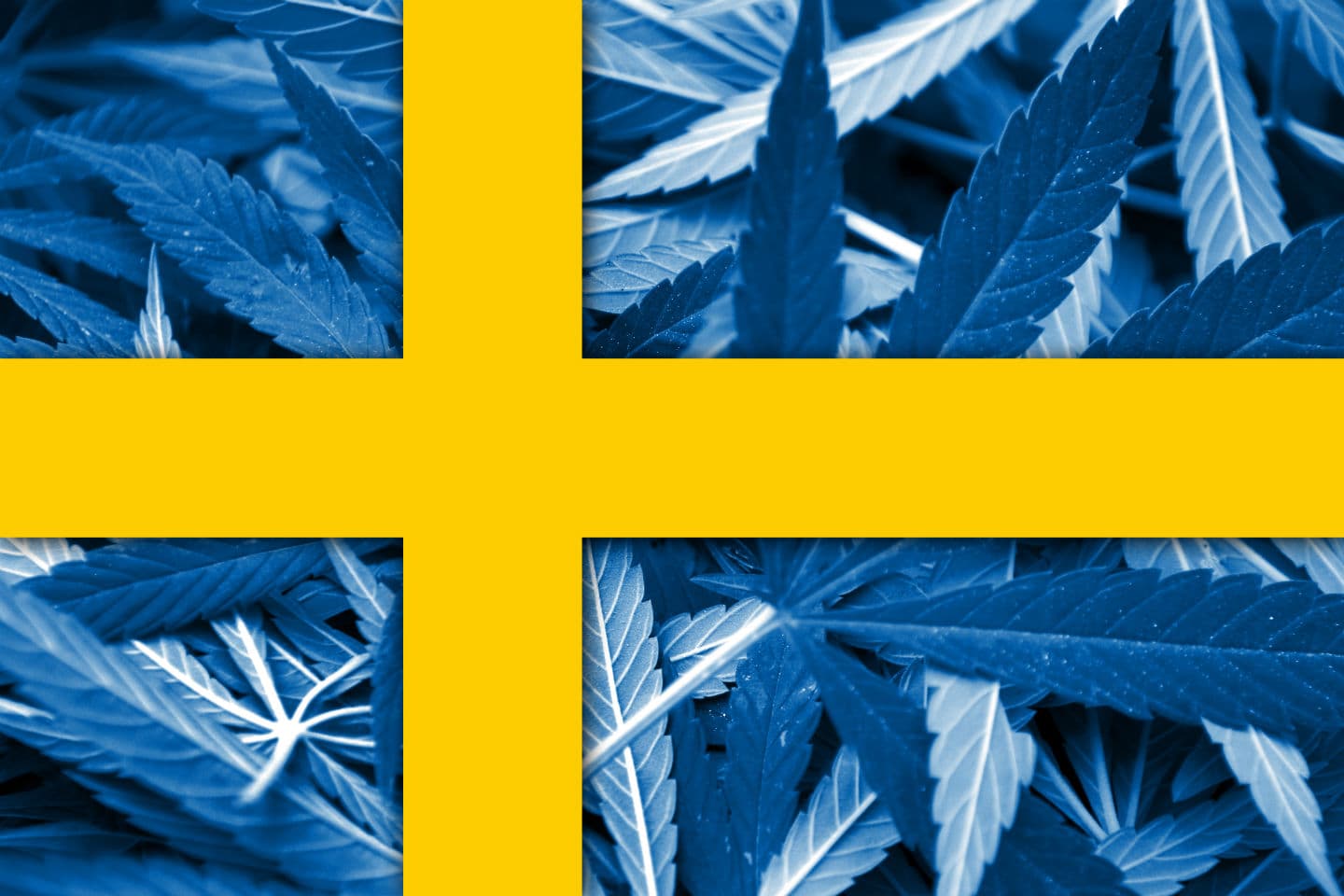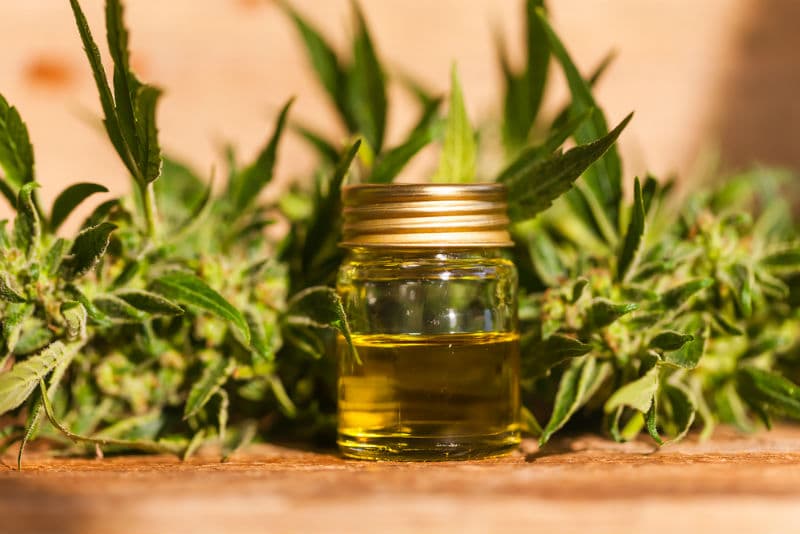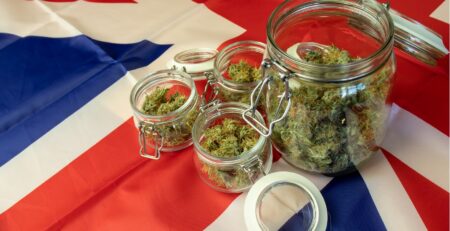Is CBD Oil Legal In Sweden?
Swedish Regulators At Odds With Public Appetite For CBD
Sweden medical authorities are persisting with a hardline on CBD oil, despite the continuing demand for the products by the public.
Sweden Medical Products Agency considers CBD oil as an active ingredient and wants products containing it meant for oral ingestion (or vaping) to follow Swedish law regulating pharmaceuticals. They also officially warn consumers against using cannabidiol, arguing that it can be dangerous to self-medicate illnesses such as anxiety, depression and sleep disorders.
Many companies in the sector have had to re-evaluate their strategies in selling CBD and some are adopting a wait and see approach, while waiting for the outcome of several court cases.
What Is CBD Oil?
Eight Companies Banned From Selling CBD
In the last two years, eight companies have been banned by the agency from selling supplements containing CBD and retailers have been stung into either taking stocks off the shelves, toning down promises of health benefits in advertising, and/ or removing oral consumption products.
One of the leading brands on the Swedish market, Hemply Balance, was ordered in April 2018 to stop selling CBD oil, according to market intelligence agency, CBD Intel. It was granted an exemption, however, allowing it to keep offering its products until the court has reached a decision.
READ MORE: Is CBD Oil Legal In The UK?
Other companies, such as Nordic Med Can, have removed pure CBD oil for oral consumption from their online store entirely, focusing instead on other hemp-based products.
Some companies are technically flouting the law in continuing to sell the substance in Germany and other EU states, while others use online stores in Swedish and offering Swedish-language customer services.
The Swedish Medical Products Agency says that practice is not technically allowed and have been in communication with their German equivalents on the matter.
CBD Consumption In Sweden Goes Back 500 Years
The European Industrial Hemp Association (EIHA) recently presented to the European Commission specific examples from historical sources in Germany, Italy, Poland, Slovakia and Sweden showing that CBD-laden hemp has been consumed on the continent for centuries even citing a recipe for a hemp dish from the Vatican chef during the Papacy of Pope Martin V in the early 15th century.
The research was presented in Brussels in response to the EU new Novel Food proposals, which could negatively impact on the CBD and hemp sectors as novel foods undergo a more strict and costly compliance regime than other foods.
Conclusion
In common with the unfolding scenario around the rest of the world, Swedish medical regulatory authorities are struggling to get to grips with the legality of CBD, but have taken a relatively hard line.
Many suppliers and retailers have taken down their CBD lines until clarity emerges from various ongoing court cases while others have tried to achieve compliance through advisory messages downplaying supposed benefits.







